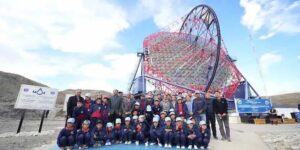
“Now I am become Death, the destroyer of worlds.” This haunting line from the Bhagavad Gita, recited by J. Robert Oppenheimer upon the successful testing of the atomic bomb, encapsulates the profound paradox of his life – a life of extraordinary intellectual achievement shadowed by immense moral conflict.
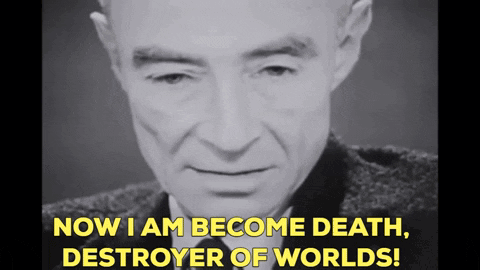
Born in 1904 in New York to a German immigrant father, Oppenheimer was a beacon of academic excellence. After earning his undergraduate degree at Harvard, he pursued further education overseas before returning to the U.S. to carve a prestigious career in physics, particularly quantum and relativity theories.
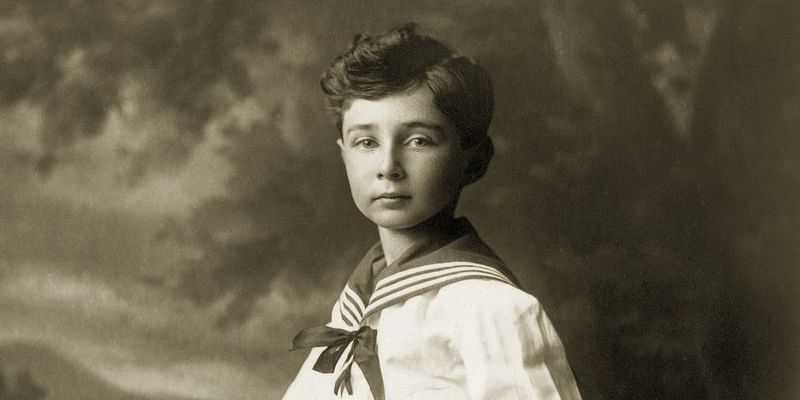
However, the specter of Adolf Hitler’s Germany potentially developing a nuclear weapon led Oppenheimer to delve into nuclear research in 1941. By 1945, his efforts culminated in the successful testing of an atomic bomb under the Manhattan Project, a ‘triumph’ that led to the unimaginable devastation of Hiroshima and Nagasaki later that year.
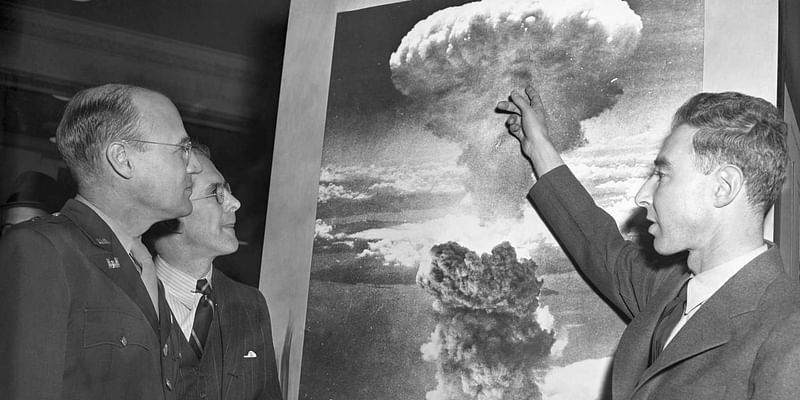
In the post-war period, Oppenheimer chaired the advisory committee to the Atomic Energy Commission from 1947 to 1952. But his stance against the development of the hydrogen bomb and his past ties to communism set him on a collision course with the anti-Communist McCarthy era. Despite staunch defense from numerous witnesses, he was accused of being a Soviet spy and stripped of his security clearance in 1954, essentially ending his classified scientific career.
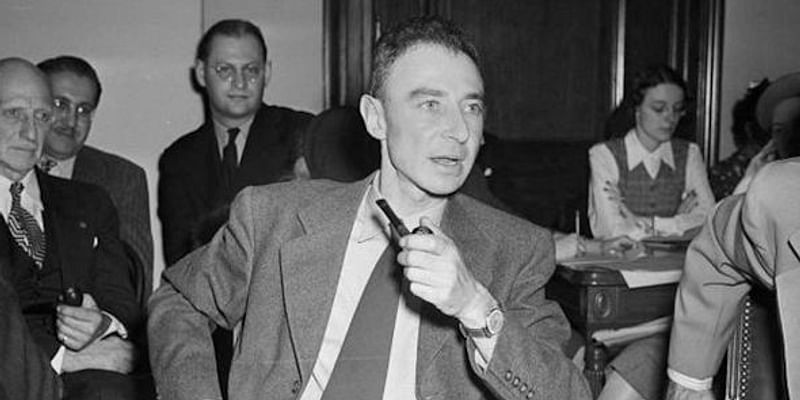
This tragic narrative shift saw Oppenheimer, once a national hero adorning Time and Life magazine covers, stripped of his public standing and dignity. Following a mostly private life post-trial, Oppenheimer died from cancer in 1967. Only in 2014, were the records from the 1954 hearing unsealed, reinforcing his innocence and loyalty. The Department of Energy posthumously reinstated his security clearance in 2022.
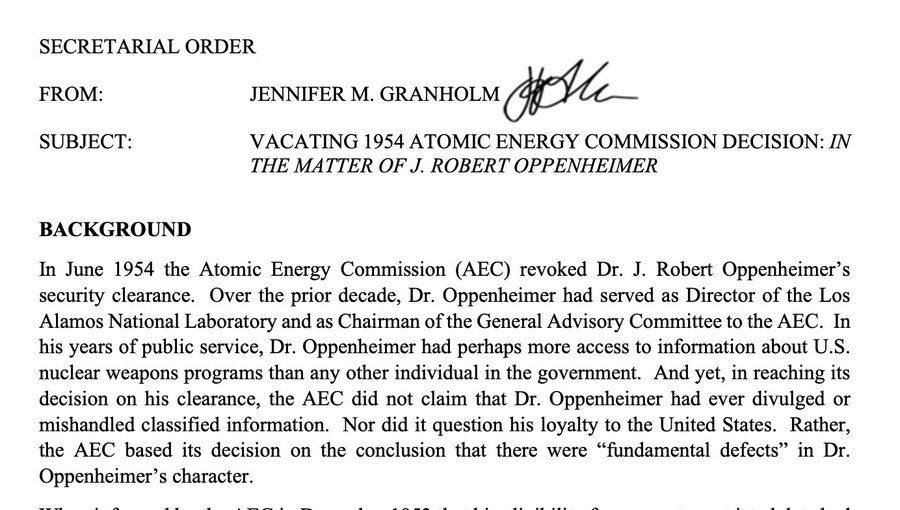
Oppenheimer, however, was more than just the tormented genius that history often portrays him as. He was a charismatic man with a deep love for literature, poetry, and Hindu mysticism. His rich and complicated persona continues to fascinate historians and artists alike, with his life now being depicted in a new film directed by Christopher Nolan.
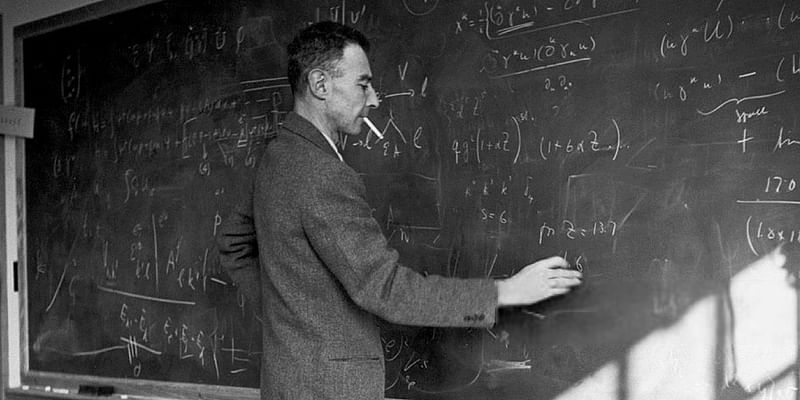
Oppenheimer’s legacy is intricate. While his work was instrumental in ending World War II, it also led to the incalculable devastation of Japanese cities and loss of civilian lives. He later turned into a vocal critic of nuclear proliferation, advocating for international control of nuclear power and voicing against further weapon development.
.thumbnailWrapper
width:6.62rem !important;
.alsoReadTitleImage
min-width: 81px !important;
min-height: 81px !important;
.alsoReadMainTitleText
font-size: 14px !important;
line-height: 20px !important;
.alsoReadHeadText
font-size: 24px !important;
line-height: 20px !important;






